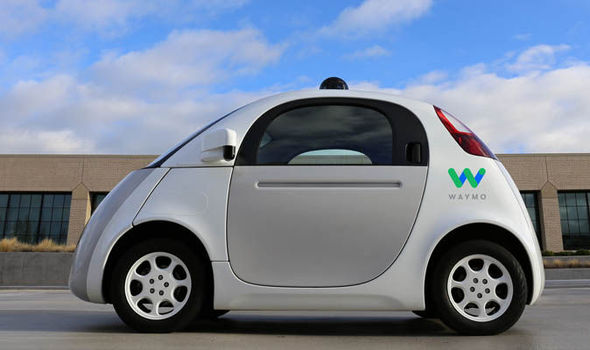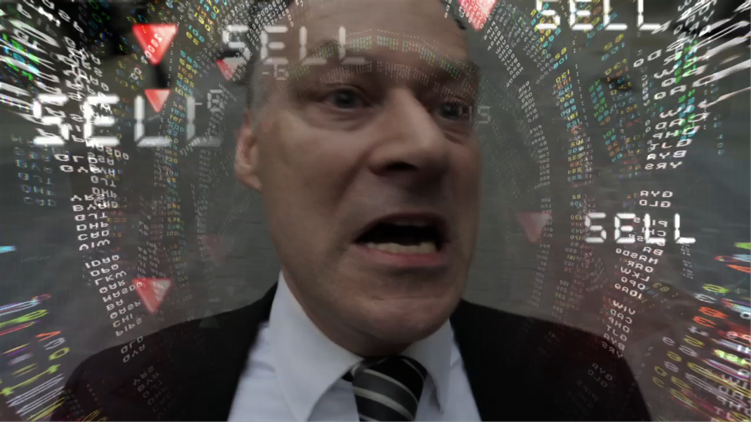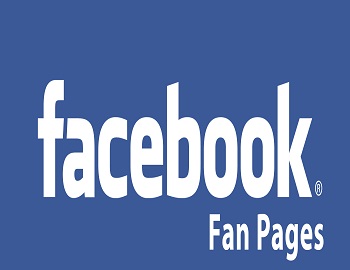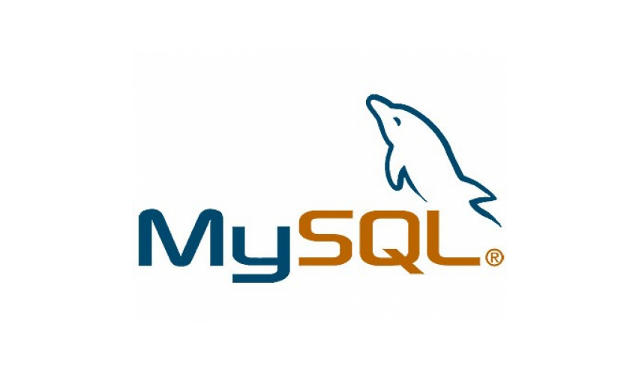The corporate world is sometimes complicated. There are recalcitrant competitors who are partners in certain regions or even own part of the other. Or they have second-level ties through relevant shareholders with shares in both companies (or funds with investments in both).
In case of Uber It is curious, in a world with strange alliances, because it usually has severe problems with those who would also receive dividends if one day it generated more income than it loses in achieving it.
In the first place, it is enough to remember the economic injection they received from Google Ventures (now GV) in 2013, although the Mountain View firm already had a percentage of Sidecar, another project of ride sharing that if it doesn't ring a bell, we don't blame you. It was another of many that was forgotten by the success of Uber, and on a smaller scale Lyft.
Currently there is talk that GV would recover up to 20 times its investment in Uber, although the relationship between both parties became toxic due to the lawsuit against the non-taxi and logistics company, which hired a former Google executive who had secrets industrial of Waymo. This was an initiative for driverless cars, created by the same person (Anthony Levandowsk) who sold the idea of Otto, a driverless car startup. Suspicious, right?
Although GV is a different corporate arm than Google, parent company Alphabet and Waymo, the lawsuit for trade secrets caused headaches in various parts of the corporation.
Why? The fact that Google / Alphabet / Waymo has caused damage to Uber, reduces the value of the investment to GV. Recall that since the reorganization of Google in Alphabet, separating each tentacle of the firm in a different government (for example, Google the search and web technology company is different from Google X, the part of futuristic developments) ñ
Uber was a rare bet for GV in 2013, as the company was somewhat larger than the firm's other investments. The fracture from the Otto v. Waymo case had some visible injuries to end users: Google began using other types of maps (such as Here by Nokia, or Open Maps) in addition to discouraging the use of Google Maps for drivers.
The tie with Google, which became weaker with the formation of Alphabet, did not stop Uber from wanting to enter the race for autonomous cars. Ironically, this drive had some Google DNA because they hired the same engineer! When perhaps the normal would have been a collaboration.
Al final, Uber tiró a la basura su inversión de 600mdd en Otto al cancelar el programa de camiones autónomos , mientras que los fundadores (incluído el ingeniero supuestamente bocón, Levandowski) han fundado otras compañías de “transporte inteligente” de manera separada.
Uber's dreams for a future where we don't have to drive now they go hand in hand with Cruise, General Motors' initiative to 1) eat Tesla's errand on this technology, 2) survive with a startup mentality.













[…] Previously in Webirix we have talked about the race to send autonomous cars to the market by Uber, with the bittersweet experiment of Otto trucks, and Google by […]